‘Making rain’: In Conversation with Colleen Higgs
-Interviewed by Claire Trévien–
Modjaji Books was founded in 2007 by Colleen Higgs to make a space for southern African women’s writing. At the time, Higgs who was working for the Centre for the Book, ‘got a bee in my bonnet for all sorts of reasons.’ Modjaji is named after the Balobedu Rain Queens – hence the press’s tag ‘making rain for southern African women writers and readers’ – and is now a firmly established presence both in South Africa and beyond. The press has had a great success rate in prizes over the years, including the Ingrid Jonker prizes for debut poetry.
I think what impressed me about Modjaji, beyond finding it in a number of bookshops locally which is always a healthy sign, is the energy spent on bettering publishing as a whole. As one example, Higgs has been updating for several years now a Small Publishers’ Catalogue: Africa, which she then takes to the South African, Frankfurt, and London Book Fairs. It aims to be comprehensive, and not just limited to Anglophone presses and magazines across the continent, a very commendable thing to exist, useful to both insiders and outsiders.
Finding the readers for poetry remains a problem though. Higgs doesn’t find the bigger chains of bookshops too receptive to poetry, and it’s a problem that stems from a combination of distribution problems and information about poetry. Yet, not everything is bleak, Higgs says, ‘I think now with social media, people who are interested can through various means find out what’s going on, it’s not as hard as it was 10 years ago.’
- Go, go with its elliptical spin, which is also weirdly comforting because
- a poem has no point.
- You could begin again: there is not one point to a poem
it is always
another point of departure.- Try another point of departure,
say: poems are like music, not music, but like – the lines
climax, silence, sound
their own melodies, yes, but visions
a score of complex
moments in process emotion almost beyond words most of all
what you can hardly, hardly, say, hardly, hardly bear to see, see, and then- revision. Re-vision, if you must.’
From ‘Points on poems’ in Joan Metelerkamp’s Burnt Offering
Higgs has noticed a certain preciousness still prevalent in the poetry sector, particularly now that spoken word poets are beginning to be published. Questions like ‘What’s real poetry? Who should be published? What should be published?’ abound, as if to safeguard something that has never been safe. Modjaji has published poets who are also performers, whether in the spoken word tradition or not. For instance last year, Higgs approached two poets she saw perform at the Book Lounge’s Open Book Festival ‘which I just had to publish’. There are challenges to this, however, ‘because very often spoken word poets won’t have had the experience of working with an editor before. One of the hoops poets have to jump through normally is getting published in magazines before a book, and most poetry publishers want that. It is a training ground, and most spoken word poets won’t have done that’. What are the benefits to a spoken word poet? ‘It’s good to have a book, it’s like a passport. Spoken Word is so transitory, only people at that event will have heard you, a book becomes a recording, a curation of your work, as well as merchandise.’
I am captive in a mish-mesh of skin
tightened
held together by the infirmities of skin intellect,
skin wit, skin talk, skin designation, skin fragmentation
skin degeneration.
I am bound in the hue that makes you carve for me
a personality, a mind, a heart, a disposition
borne out of skin matters
skin deep.From ‘Skin Matters’ in Khadija Heeger’s Beyond the Delivery Room
Like most poetry publishers, Modjaji has had to find ways to adapt to the economic situation and stay afloat. ‘So last year in 2015 we decided to use Submittable’ Higgs says, ‘we got people to pay $10. I was a little bit anxious about it, I thought they’d be a lot of resistance. In the end, there might have been some mumblings, but I didn’t hear it.’ The main advantage of the fee, as well as covering the costs of Submittable, is that it ‘upped the quality of submissions and decreased their number.’ While previous years saw an average of 500 manuscript submissions, there were around 120 last year. From these, a maximum of 12 will be published, and of these 3 will be poetry. Higgs is keen to say that out of those 120, ‘there were 20 poetry submissions that were as good as many of the manuscripts we have already published I liked them, but I have limited resources. It was a sad moment for me, I partly set up Modjaji as a way to open a platform and make a space, and then here I am closing this space down again, but that’s something every publisher ends up having to do.’
I could roll you in my palm
like a pearl.I could keep you in a house the size of
my lunchbox.
With my lake-sized eyes I could narrow you
into the wide portal of my pupils
and keep you there.From ‘Flight SAA 346 to Johannesburg’ in Beverly Rycroft’s Missing
‘This year I am probably not going to open submissions at all, a few will slip through the net, such as people I’ve published before or a manuscript I just can’t say no to. I want some space to reflect – it can get quite treadmillish when you are churning out these books as such a small press.’
Despite the frustrations of publishing, including bookshop returns and debates around royalties, Higgs remains positive about Modjaji. ‘Many of the books have given me great pleasure and joy, bringing something into the world that wasn’t there’.
We talked a little of the fact that poetry’s major players tend to be poets themselves. This makes sense to Higgs, ‘I think there are very few poetry publishers who aren’t poets, you have to care so much to be in that world.’ She believes it makes especially sense to have an editor who is also a poet, as ‘unless you’ve grappled with the form, you won’t understand as deeply the issues involved.’

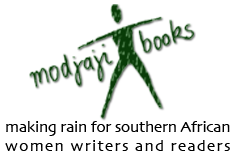

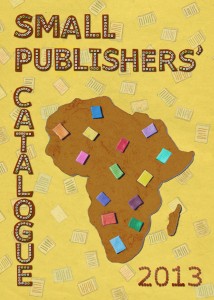
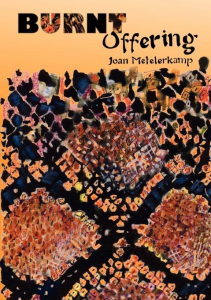
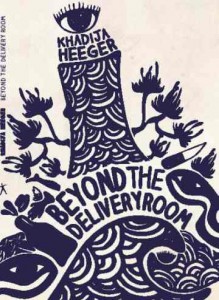

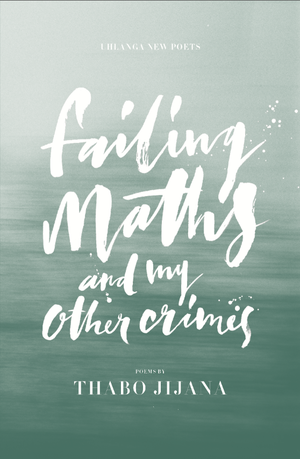
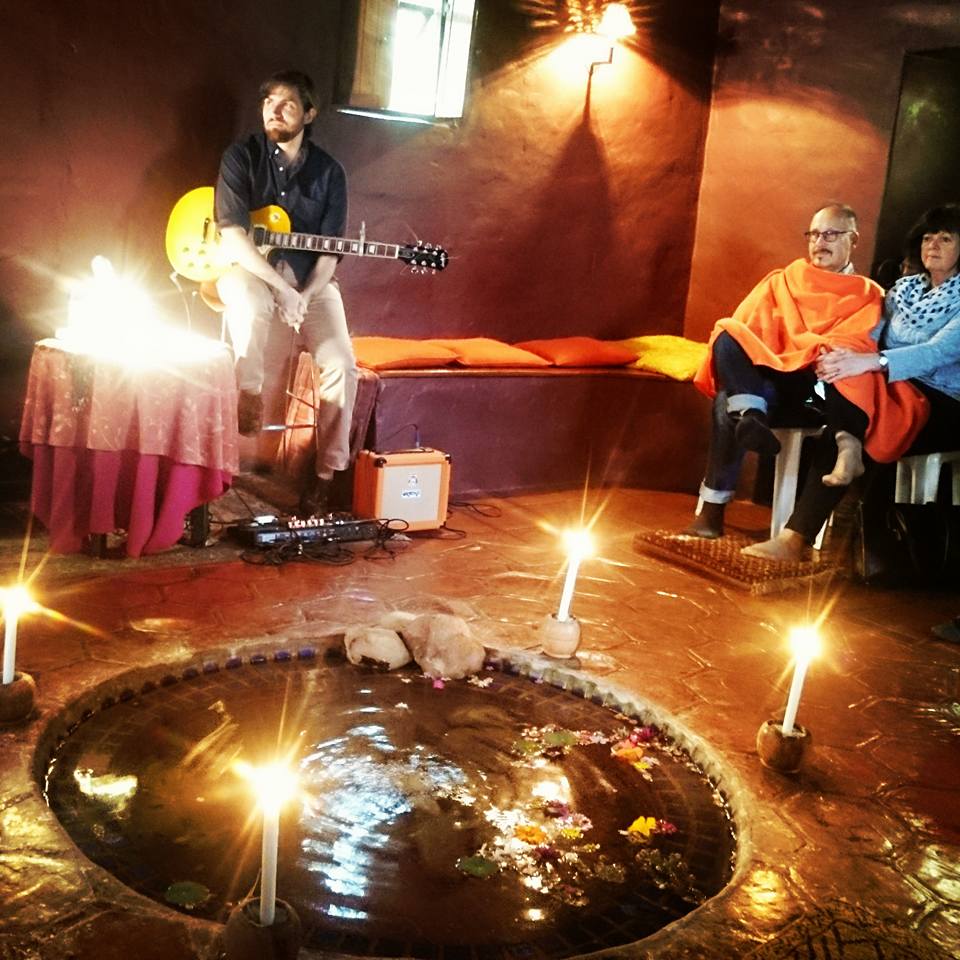

So Colleen you are not calling for poetry submissions this year?